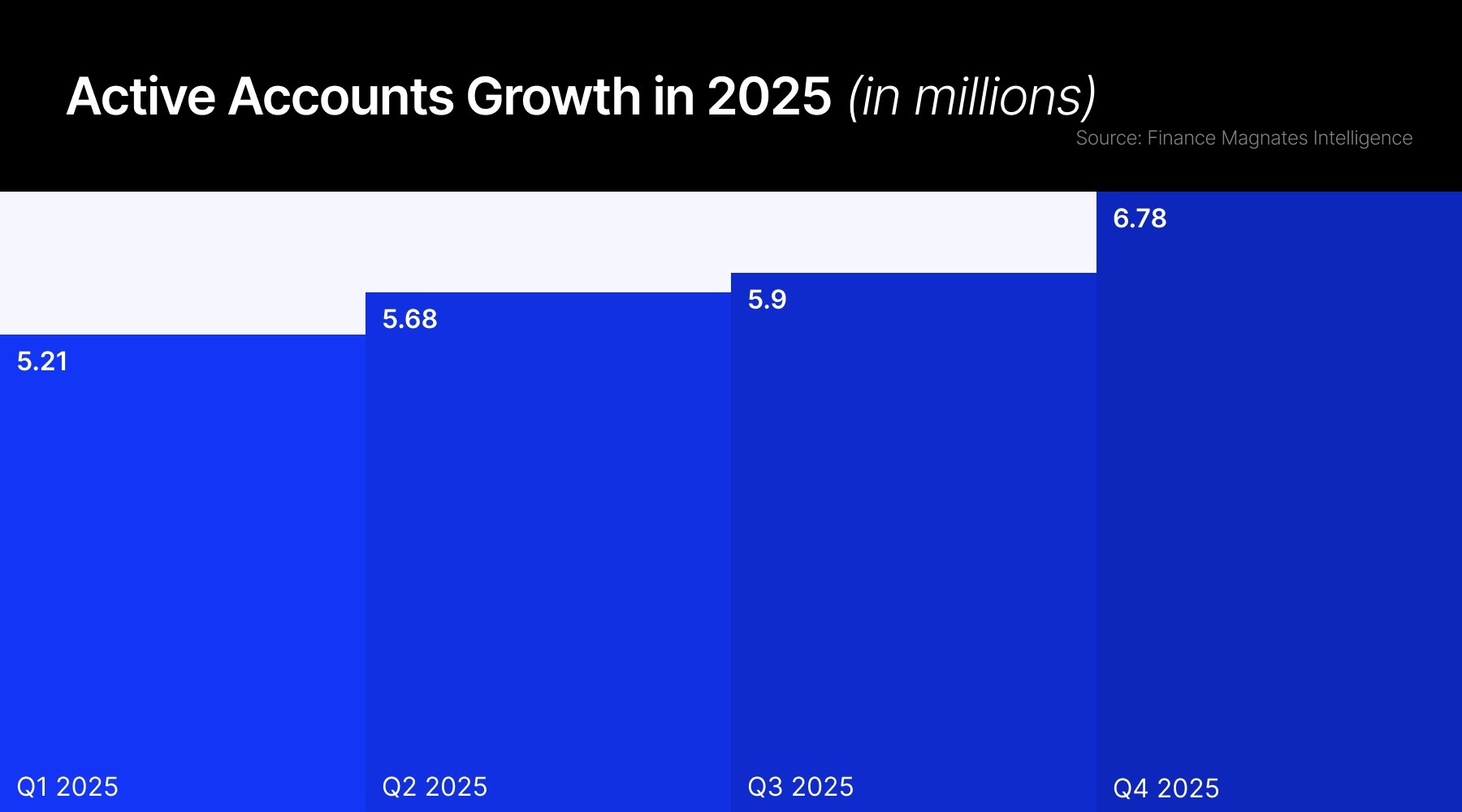The European Union's securities markets regulator has released the guidelines for lending securities to retail clients. The statement highlighted the obligations of the companies dealing in securities as well as the guidelines aimed at protecting traders.
The European Securities and Markets Authority (ESMA) released the guidelines under the Markets in Financial Instruments Directive (MiFID II), a legislative framework developed by the EU to regulate the securities markets, investment intermediaries, and trading platforms.
ESMA Tightens Securities Rules
One of the guidelines by ESMA is that the revenues made from the lending of securities should accrue to the retail clients after the deduction of the costs of services incurred by the companies. In addition, ESMA stated that the consent of the retail clients should not be sought through the firms' general terms and conditions.
The authority added that it will continue to monitor the activities of the securities lenders and their engagement with the retail clients and issue any further guidance to the European Commission regarding securities lending.
On top of that, ESMA has issued stringent guidelines on how a company may use the assets of retail clients. The guidelines also outline how the assets of the retail clients should be protected when the securities firms lend them out.
"A firm is required to make adequate arrangements to safeguard the ownership rights of their clients and to prevent the use of clients' financial instruments deposited in their accounts except where the clients have consented," ESMA explained.
Additional Measures
"The firms shall adopt specific arrangements to ensure that the borrowers of the clients' financial instruments provide sufficient collateral," the regulator added. "Additionally, the company shall continue monitoring the appropriateness of the collateral in relation to the value of the client's financial instrument."
The new set of regulations arrived the same day that ESMA announced it was seeking comments about the EU's recently adopted Markets in Crypto-Assets (MiCA) regulations. Specifically, the regulator is seeking the opinion of the crypto-asset service providers (CASPs) on, among other things, conflict of interest identification and the handling of complaints.
Finance Magnates reported in May that the Council of the European Union had adopted the MiCA regulations, which the EU parliament passed in April. The MiCA regulations are considered as the most comprehensive legislation for digital assets.
eToro's CFDs fees; hirings at Exinity, Scope Markets; read today's news nuggets.


















